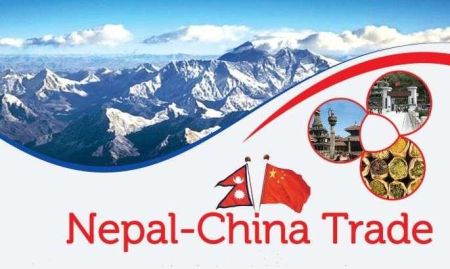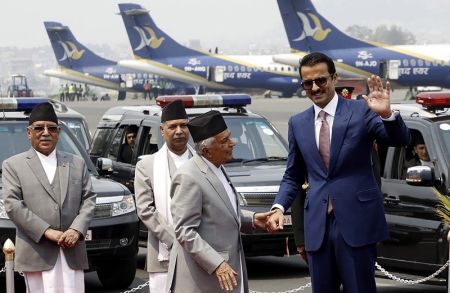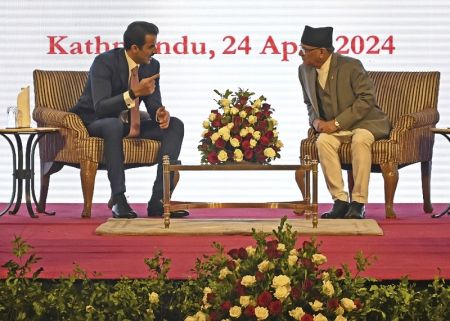.jpg)
All major political parties have made their manifesto for the November 19th Constituent Assembly (CA) polls public. Most of the parties including the big 'gang of four'- UCPN (Maoist), Nepali Congress, CPN-UML and the Madhesi Morcha have made a long list of promises to accelerate the economic growth of Nepal. The promises are tall and details read like a government's annual 'policies and programmes' to be unveiled in a parliamentary session. Many of the propositions are just populist and not based on the grounds of resource availability and pragmatic possibility of implementation. However, unquestionably, the Nepali economy was for long in dire need of real policy boost and political commitment from the highest possible level. One positive thing, perhaps the only one, is that the country's political parties have, rather uniformly, shown concern towards the economic growth and development of the country.
But, one must remember here, it is the elections for the CA and not for a tenured parliament. In a sense it is more important opportunity to give a direction to the country's economic future. However, it is surely not the moment to make populist commitments enumerating number of projects and programmes. Therefore, these party manifestoes should better provide the basis for the economic system that the country would adopt for reasonably longer period of time. The focus of all these manifestoes were naturally expected to make the constitutional position of every political party about elements that would finally constitute the provisions for 'Directive Principles' and 'Economic Rights' in the new constitution. But, unfortunately, all the parties have spent a huge resource and time in listing what they would do programmatically, not constitutionally, to develop the country. This is to say that their prime focus is on 'what' of they want to do, but completely devoid of the 'how' of it.
These manifestos have, almost uniformly, failed to address the issues that have constrained the growth prospects of Nepal for long. These constraints have come in three categorical forms -- the philosophical stand and identity of the powerful parties, the model of the economy the country would adopt in the longer run and rights of the citizen to own and generate legal wealth including their enforcement. But all these three issues are hardly addressed by the parties through their manifestoes.
Needless to say, Nepali politics is dominated my the communist outfits of various degrees of radicalism. It is a doctrine that advocates and works against the private ownership of the property and firms. Even if these outfits claim that they are not opposed to private capital, the suspicion of their motives remain intact as long as they are identified as devout communists. The manifestoes were perhaps the best tools to assure the people that these parties unconditionally would adhere to the norms of uninfringed property rights of the people. They could have even made the extent of change in their philosophical stand public. But nothing of the sort happened. In fact, manifestoes of communist parties have deliberately skipped this crucial part of clarification. Even Congress continues to cling to 'socialism'.
The model of the economy to be adopted is also equally important. Parties are saying many confusing things like developing national capitalism, socialism and self-sustained economy. They appear unwilling to open their cards. They have chosen an easy term 'mixed', without identifying the elements to be mixed together.
The most important is, whether the new constitution can ensure the private property rights and economic democracy or not. No manifesto has clearly mentioned that it was for the absolute property rights and rights for intellectual properties that encourages innovation.





















